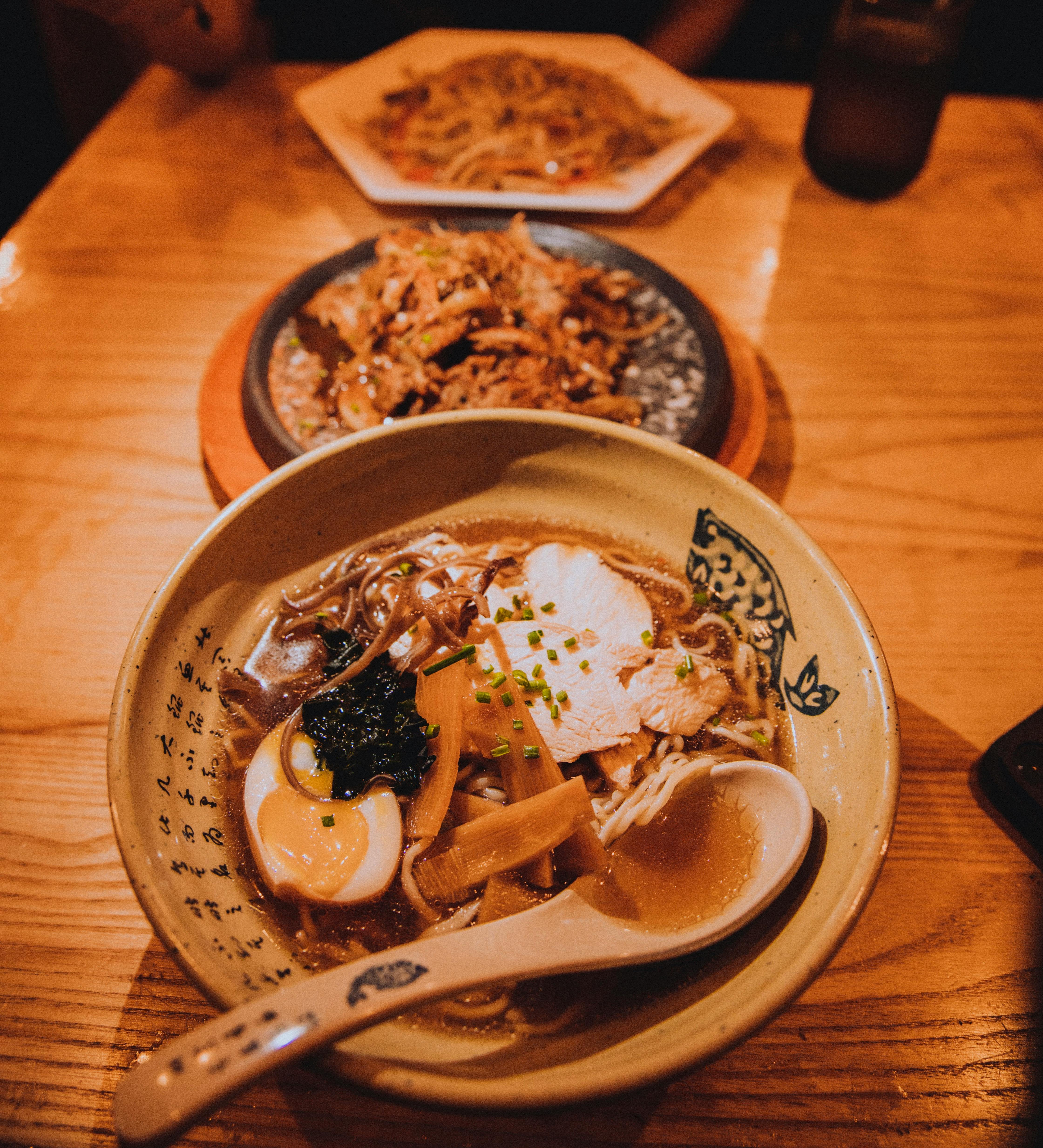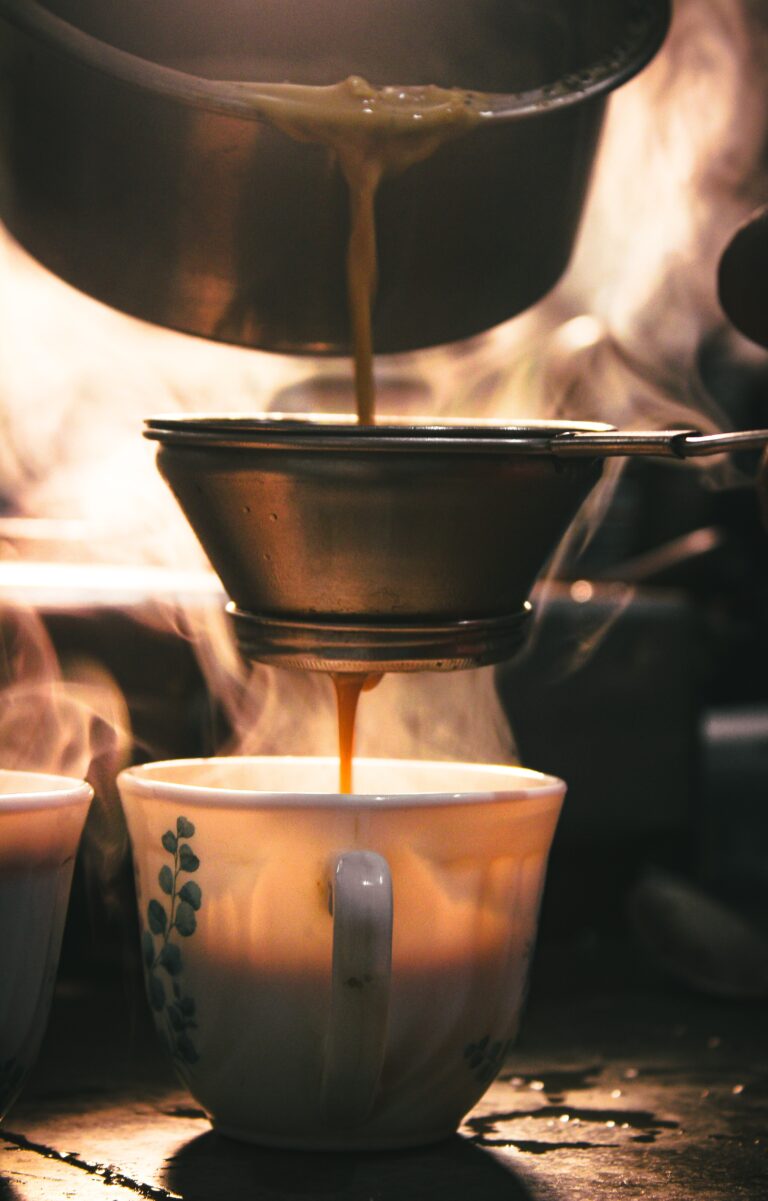Is Bubble Tea Japanese
Have you ever wondered about the origin of bubble tea? Well, in this article, we explore the question of whether bubble tea is Japanese. With its growing popularity worldwide, many assume that bubble tea originated from Japan. However, you may be surprised to discover the true origins of this delightful beverage. So, let’s uncover the fascinating history and origins of bubble tea together!
Origin of Bubble Tea
Historical roots of bubble tea
Bubble tea, also known as boba tea, is a unique and delightful beverage that has captured the hearts and taste buds of people around the world. To truly understand the origin of bubble tea, we must delve into its historical roots. While its popularity may be more recent, the concept of adding tapioca pearls to tea has long been a part of Asian culinary traditions.
The cultural background where bubble tea was developed
Bubble tea’s development can be attributed to the cultural diversity and innovation in Taiwan during the 1980s. Taiwan, a small island located off the coast of China, has been influenced by various cultures, including Chinese, Japanese, and Western. This cultural melting pot provided the perfect environment for the creation of bubble tea, as it allowed for the fusion of different flavors and ingredients.
Why Bubble Tea is often associated with Japan
Cultural confusion and misconceptions
One of the reasons bubble tea is mistakenly associated with Japan is due to cultural confusion and misconceptions. While there may be similarities between Japanese and Taiwanese cuisine, it is essential to recognize the distinctiveness of each culture and avoid making assumptions based on superficial similarities.
Fusion of Asian foods and beverages in the Western world
The increasing popularity of Asian cuisine and beverages in the Western world has further perpetuated the misconception that bubble tea is Japanese. As the popularity of sushi, ramen, and other Asian foods grew, so did the assumption that bubble tea was also of Japanese origin.
Japanese influence on tea culture globally
Japan undeniably holds a significant place in the global tea culture. With its rich tradition of tea ceremonies and the popular consumption of green tea, it is easy to see how the association between bubble tea and Japan may have arisen. However, it is crucial to acknowledge that bubble tea is not a product of Japanese tea culture.

This image is property of images.pexels.com.
Demonstrating Bubble Tea’s true origin
Identifying it as a Taiwanese creation
Contrary to popular belief, bubble tea is a Taiwanese creation. It was in Taiwan during the 1980s that the iconic combination of tea, milk, and tapioca pearls first came together to create the now-famous beverage. The innovative minds and entrepreneurial spirit in Taiwan played a vital role in the development and popularization of bubble tea.
Establishment of bubble tea drink in Taiwan in the 1980s
During the 1980s, various teahouses and cafes in Taiwan began experimenting with different combinations of tea, sweeteners, milk, and unique toppings. It was in this atmosphere of culinary exploration that bubble tea emerged. Local teahouses, such as Chun Shui Tang, are credited with creating the initial version of bubble tea, which quickly gained popularity among Taiwanese consumers.
Popularity of Bubble Tea in Japan
Introduction of bubble tea to Japan
Although bubble tea originated in Taiwan, its popularity quickly spread to other Asian countries, including Japan. The introduction of bubble tea to Japan can be traced back to the early 1990s when Taiwanese entrepreneurs established bubble tea shops in major Japanese cities. The unique combination of flavors and textures captured the curiosity and interest of Japanese consumers.
Evolution and acceptance of bubble tea in Japanese society
Over the years, bubble tea has evolved and adapted to the Japanese market. Taiwanese bubble tea chains, such as Gong Cha and Chatime, have opened numerous branches across Japan, making bubble tea easily accessible to Japanese consumers. Moreover, Japanese entrepreneurs have also embraced the concept, leading to the creation of their own bubble tea brands.
Current trend of bubble tea in Japan
Today, bubble tea has firmly established itself as a popular beverage in Japan. It has found its place among the diverse array of drink options available in Japanese cities, from traditional tea houses to trendy bubble tea shops. The unique combination of flavors, the delightful chewiness of the tapioca pearls, and the visual appeal of the drink continue to attract a wide range of customers.

This image is property of images.pexels.com.
Distinguishing Japanese Tea and Bubble Tea
Exploration of traditional Japanese tea
Traditional Japanese tea, such as matcha and sencha, holds a significant place in Japanese culture and history. The preparation and consumption of tea in Japan are deeply ingrained customs that have been passed down through generations. Japanese tea ceremonies, with their emphasis on mindfulness and tranquility, celebrate the art of tea brewing.
Comparing ingredients and preparation methods with bubble tea
The ingredients and preparation methods of Japanese tea and bubble tea differ significantly. Traditional Japanese tea is typically made from high-quality tea leaves that are harvested, processed, and brewed in a specific manner to bring out their unique flavors. On the other hand, bubble tea often uses black or green tea powders or tea concentrates, combined with milk, sweeteners, and tapioca pearls.
How Bubble Tea differs from Traditional Japanese Tea
Differences in properties and taste
Bubble tea and traditional Japanese tea have distinct properties and flavors. Traditional Japanese tea is generally known for its subtle and refined taste, with variations in bitterness, sweetness, and aroma depending on the type of tea. In contrast, bubble tea offers a vibrant and playful flavor experience, often with a combination of sweet and creamy notes from the milk and the unique texture of the tapioca pearls.
Contrasting cultural significance between Japan and Taiwan
Traditional Japanese tea holds deep cultural significance and is closely intertwined with Zen Buddhism and the teachings of mindfulness and harmony. In contrast, bubble tea is cherished more for its whimsical and indulgent qualities, reflecting the vibrant and dynamic nature of Taiwanese culture. While both tea cultures deserve appreciation, it is important to recognize their individuality and cultural contexts.

This image is property of images.pexels.com.
Influence of Taiwanese Culture on Bubble Tea
Bubble tea as a symbol of Taiwanese cuisine
Bubble tea has become an iconic representation of Taiwanese cuisine around the world. Just as Taiwan is renowned for its street food culture and culinary creativity, bubble tea exemplifies the innovative spirit of the country. The combination of traditional tea with modern flavors and toppings perfectly encapsulates the fusion of tradition and innovation that characterizes Taiwanese cuisine.
How bubble tea embodies Taiwanese traditions and history
In addition to its culinary significance, bubble tea also embodies Taiwanese traditions and history. The use of tapioca pearls, which are derived from cassava starch, reflects Taiwan’s agricultural roots and its connection to the land. Furthermore, the entrepreneurial spirit and perseverance of Taiwanese tea shop owners who popularized bubble tea globally symbolize the Taiwanese people’s resilience and drive for success.
Misconceptions about Asian Cuisine and Beverages
Common mistakes in identifying Asian food origins
Misattributions and misunderstandings about the origins of various Asian foods and beverages are unfortunately widespread. Due to the complexity and diversity of Asian culinary traditions, it is crucial to approach each dish or drink with an open mind and conduct thorough research to avoid perpetuating misconceptions.
Correcting misconceptions about bubble tea and other Asian beverages
It is important to correct misconceptions and clarify the origin of bubble tea, as well as other popular Asian beverages like milk tea, pearl tea, and taro milk. While bubble tea may have gained popularity in Japan and other countries, its roots can be traced unequivocally back to Taiwan. By acknowledging and celebrating the true origin of bubble tea, we can honor the creativity and innovation of Taiwanese culture.
How Bubble Tea is perceived Worldwide
Global proliferation and acceptance of bubble tea
Bubble tea’s popularity has transcended cultural boundaries and has gained a loyal following around the world. From North America to Europe, Australia to Southeast Asia, bubble tea shops can be found in numerous countries, catering to a diverse range of taste preferences. The global proliferation of bubble tea speaks to its universal appeal and the joy it brings to people’s lives.
Impact of its mistaken association with Japan on its global popularity
While bubble tea’s global popularity is undeniable, the mistaken association with Japan has had both positive and negative impacts. On one hand, the familiarity and appreciation for Japanese culture have sparked curiosity and acceptance of bubble tea. On the other hand, the misattribution has overshadowed Taiwan’s rightful credit for this culinary creation, depriving it of the recognition it deserves.
Conclusion: Bubble Tea is not Japanese, but Taiwanese
Addressing the misattribution
In conclusion, it is crucial to clarify the true origins of bubble tea. Although it has gained popularity in Japan, bubble tea is a distinctly Taiwanese creation. The cultural diversity, culinary innovation, and entrepreneurial spirit in Taiwan during the 1980s paved the way for the birth of bubble tea, and it is important to recognize and celebrate Taiwan’s contributions to the global beverage scene.
Recognizing Taiwan’s contribution to the global beverage scene
By recognizing bubble tea’s true origin and giving credit to Taiwan, we can appreciate the cultural significance and historical context behind this beloved beverage. Bubble tea’s journey from a local Taiwanese teahouse to an international sensation is a testament to the power of creativity, cultural exchange, and the ability of food and drinks to connect people across borders.
So the next time you savor a delicious cup of bubble tea, remember its Taiwanese roots, and appreciate the rich tapestry of flavors and the vibrant culture it represents. Cheers to bubble tea, a true treasure from Taiwan!






